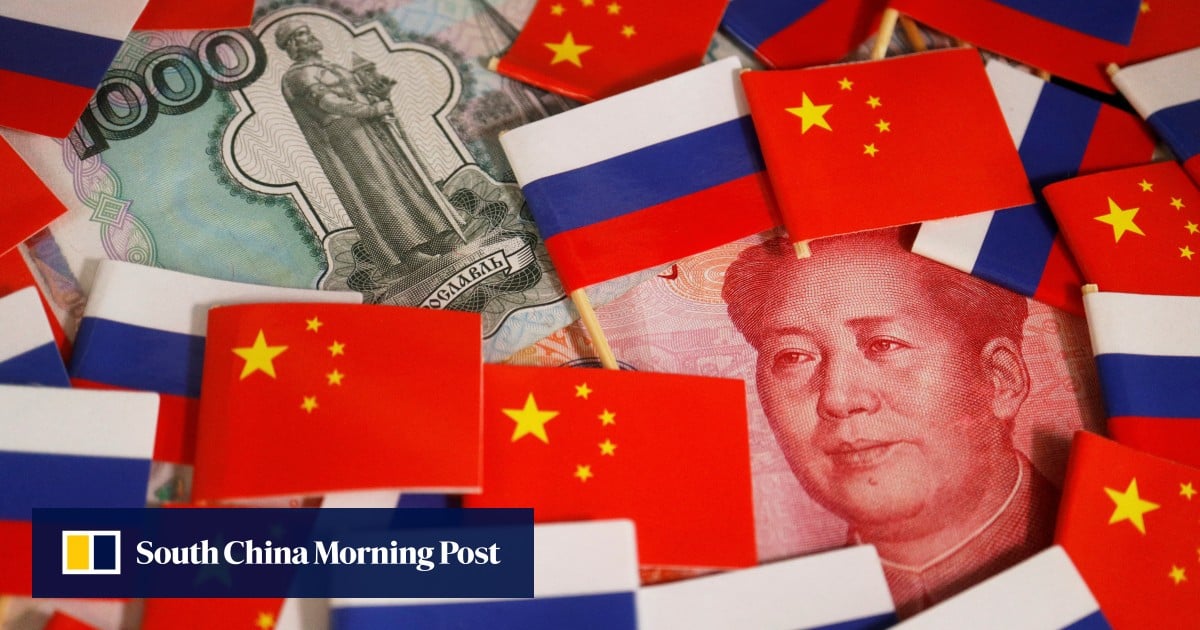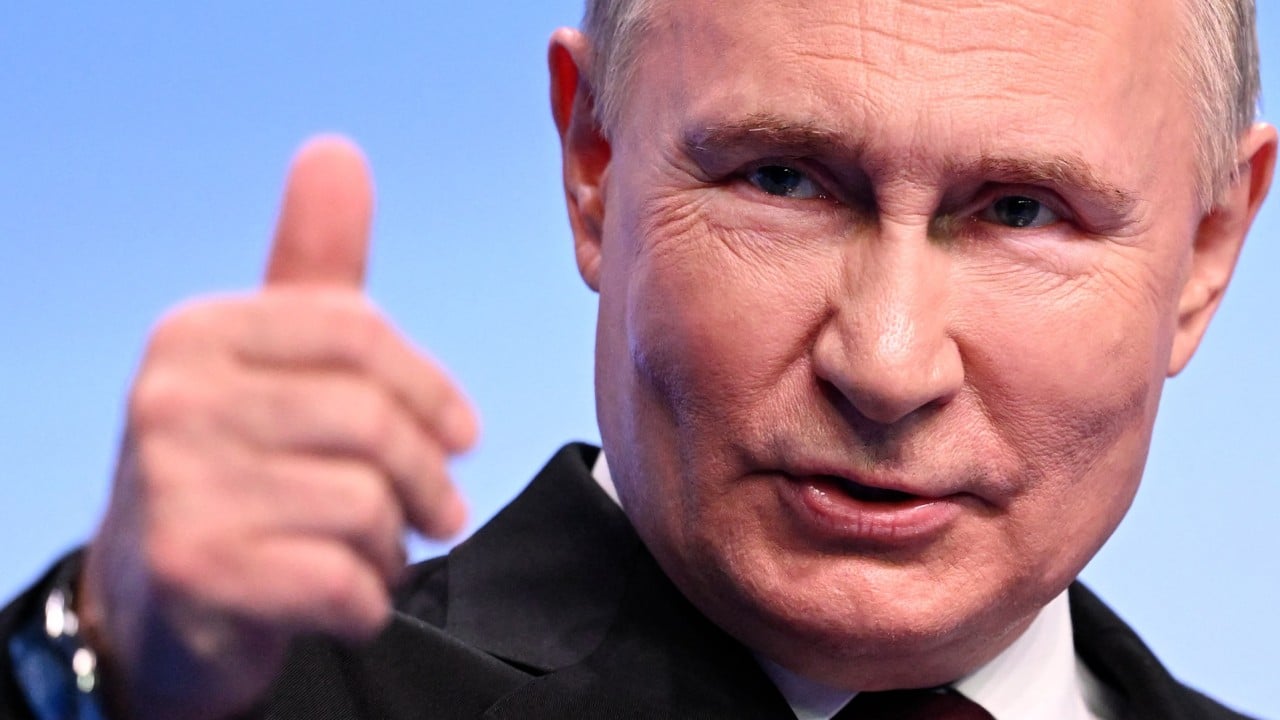Exporters in Zhejiang and Guangdong provinces said payments from Russia can still be received in yuan through BOC, albeit delayed, after they were told to switch to the Chinese currency this year.
“We were notified that we must change to the yuan, and now each and every remittance from Russia will be checked, so there is a delay of two to three days,” said Martin Tao, a stationery exporter in Ningbo in Zhejiang.
While Beijing is taking flak from the United States and European Union for maintaining trade with Russia and allegedly helping Moscow circumvent sanctions, Chinese banks have trod carefully to avoid downstream penalties.
Even with BOC and others still processing Russian funds – for now – Zhejiang exporters say some smaller banks in the province have declined transactions with Russia since the Labour Day holiday, which ended Sunday.
In the absence of official platforms, observers said a grey market for transactions is likely to appear. “Russia-related payment clearances may become decentralised, as numerous smaller platforms, intermediaries and even shadowy, underground banks located close to the Russian border will fill the void,” said Donald Gao, a Beijing-based supply chain consultant advising firms on investing in emerging markets.
Will Liu, a Guangdong-based exporter fluent in Russian, said there are still a few channels at play. “I heard some small banks, like Hunchun Commercial Bank in northeastern Jilin, can still handle payments from Russia,” he said. “But it may take more than one month to open accounts, as they have been swamped with inquiries.”
Liu said his friends with business engagements in Russia have been anxiously discussing the latest developments and seeking out any available alternatives.
Gao, meanwhile, expressed a belief local business chambers and various Chinese associations in Russia will have a role in adapting to the hazy trade environment.
“They will tap connections in Russia to form capital pools,” he said. “Chinese traders can also leverage digital currencies or use a third country, like Belarus or Uzbekistan, to receive payments.”
Tao in Zhejiang said the third country route had been used by many in the past to process transactions with Iranian clients, so workarounds would not be unfamiliar.
Despite the potential changes, trade with Russia will be sustained, Gao said. “In the long run, businesses will adapt and trade will recover, as demand is holding up well and exporters will want to get a piece of the pie.”
Recent changes are coming so quickly, we are overwhelmed. Many will lose their jobs if we can’t do business with Russia
For Liu, even as risks loom larger, pulling out of the Russian market is not an option. “Russia’s spending power is bigger than the entire African continent, so we won’t give up easily.”
“Recent changes are coming so quickly, we are overwhelmed. Many will lose their jobs if we can’t do business with Russia,” he added, affirming his belief that China would not sever all ties.
Jason Liang, a sales manager for a Guangzhou-based exporter of LED products, said many small and medium-sized enterprises have been exploring the Russian market, but are now being swept up in the geopolitical tides.
“We hoped to step up ties with Russian buyers since many attended the Canton Fair [in Guangzhou], but our headquarters requested all contact with Russians be registered. Some have been put off by the complexities,” he said.
Gao, the supply chain specialist, warned small and medium-sized traders may need to brace for a hit, as unlike state-owned enterprises (SOEs), they have few contingency plans at their disposal.
“SOEs usually have plans in advance, with big capital pools acting as a buffer, and companies in their ecosystems also have protection to fall back on, so it should be business as usual,” he said. “But smaller private traders could face losses.”


